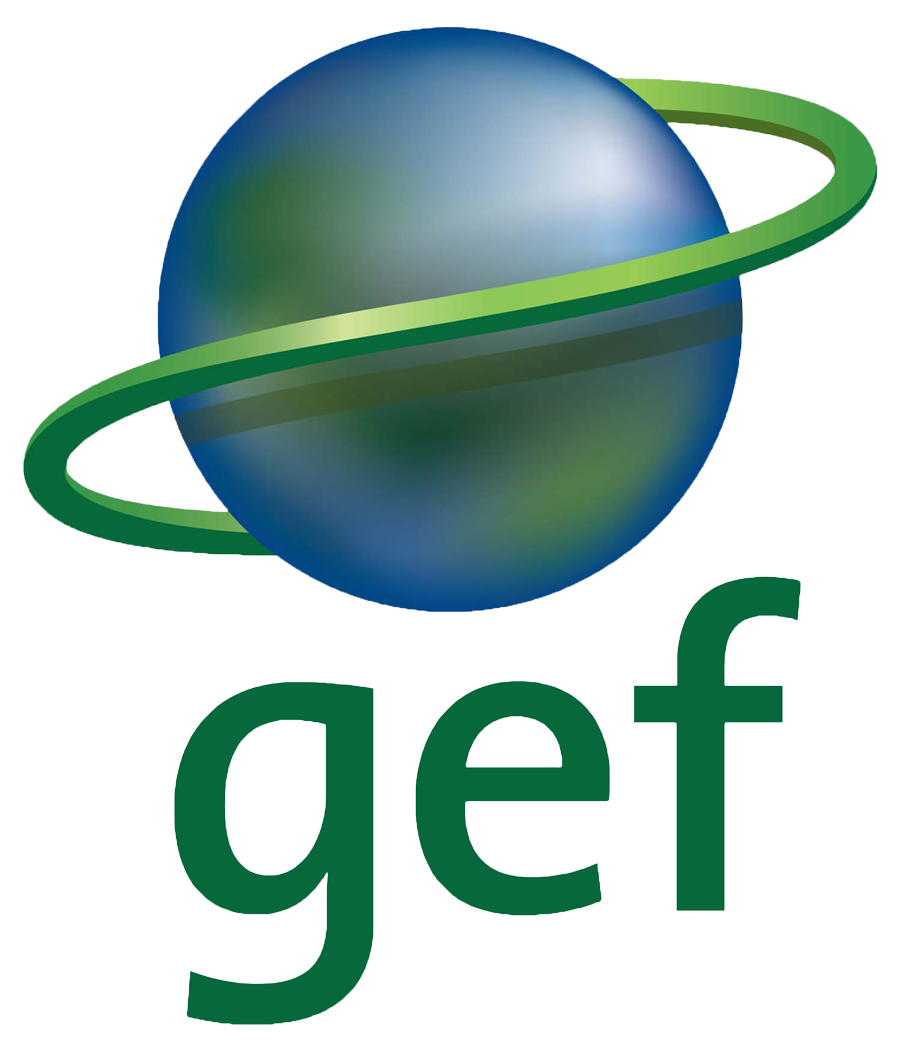Taking climate action with Global Environment Facility funds
08 December 2017 Charles ARTHUR

LI Yong, Director General of the United Nations Industrial Development Organization (UNIDO), says, “UNIDO sees its role in the climate change field as a catalyst for scaling up investments in clean energy solutions, strengthening policy frameworks to create an enabling environment and to secure funding for increased market penetration of renewable energy, energy efficient and low carbon technologies”
One way that UNIDO mobilizes funds for climate action is through its partnership with the Global Environment Facility (GEF). UNIDO became a full implementing agency for the GEF in 2006 and, since then, has received GEF funds to work on issues related to climate change mitigation (renewable energy and energy efficiency), as well as international waters and chemicals (persistent organic pollutants, mercury and e-waste).
The primary energy supply for industry is provided by the combustion of fossil fuel. According to the Intergovernmental Panel on Climate Change, industry accounts for around 30 per cent of global greenhouse gas emissions.
Recognizing the role of industry for global climate action, UNIDO and the GEF have developed their cooperation around the cross-cutting areas of SDG7 on sustainable energy, SDG9 on industrial development, infrastructure and innovation, and SDG13 on climate action.
Climate action
Climate action involves both mitigation, preventing further impacts of climate change, and adaptation, helping communities adapt their livelihoods to unavoidable changes.
UNIDO’s long-term partnership with the GEF has allowed it to mobilize GEF grants with a multitude of cooperating partners, from governments to the private sector and financial institutions. Over the course of the five year period, 2012-2016, UNIDO gained approvals of $278.4 million in GEF project grants. In 2016, UNIDO was implementing 81 GEF-funded projects within the GEF’s thematic focal areas of climate change.
With support from the GEF, UNIDO designs and implements energy and climate change projects to increase energy efficiency and access to renewable energy for productive uses, building low-carbon industrial value chains. Besides curbing GHG emissions, these measures also reduce operational costs and make industries more competitive.
Renewable energy for productive uses
GEF-backed UNIDO projects to reduce carbon emissions include the development of policies and regulatory frameworks that facilitate renewable energy installations, generate technical innovation and foster the dissemination of technology and know-how.
In Tanzania, for example, a GEF-4 project stimulates sustainable industrial productivity with a two-fold approach based on new small hydropower installations and building local technical capacity. UNIDO is providing clean electricity for productive purposes, while also developing an associated local workforce in the manufacturing and technology development of hydro turbines.
As a result of the project, one 10 kW, two 50 kW and one 80 kW locally manufactured cross-flow turbines are already operating in Tanzania. Another eight small hydropower plants with a cumulative capacity of 5 MW using different business models are at various stages of execution. The first facility alone directly prevents emissions of 6,300 tCO2e each year.
Industrial energy efficiency
Industrial energy consumption amounts to nearly 30% of the overall use by all sectors. But energy efficiency measures such as wide-scale upgrading and the deployment of best available technologies could cut industrial energy intensity by a quarter. The most energy-intensive sub-sectors such as iron and steel, cement, petrochemicals, as well as pulp and paper production, bear the largest technical potential for energy savings at 10-40 per cent.
In order to mainstream energy into existing management systems of industries, UNIDO and the International Organization for Standardization (ISO) developed a standard for Energy Management Systems in 2011. EnMS-ISO 50001 provides guidelines for the better management of energy usage and how to upgrade production processes for greater industrial energy savings.
Adoption of the standard is being promoted by UNIDO through operational projects in 17 countries. More than 350 enterprises have been certified to ISO 50001, which has already led to more than 7,000 GWh in cumulative primary energy savings.
For example, in Viet Nam, a UNIDO-GEF project has helped 77 enterprises to adopt energy management systems in line with ISO 50001 and 139 enterprises to implement system optimization. These measures far exceeded original targets for efficiency increases, achieving cumulative annual emissions reductions of 106,000 tCO2e.
UNIDO and the GEF are continuing to safeguard the global commons through interventions for a clean and efficient management of the Earth’s resources by accelerating disruptive system shifts, building livable cities for tomorrow, creating sustainable food systems, sharing resourceful production and waste-management practices, and backing productive activities powered by carbon-free energy.

Find out more: